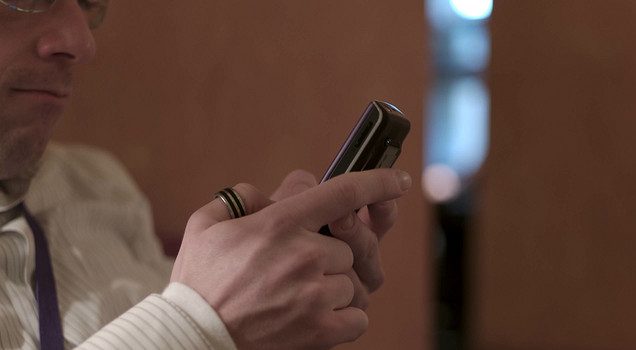
Texas Sexting Laws and Penalties
Section 43.21 of the Texas Penal Code deals with obscenity, defining obscene material as being something that “the average person, applying contemporary community standards, would find that taken as a whole appeals to the prurient interest in sex,” It can also be “representations or descriptions” of:
- Sex acts
- Simulated sex acts
- Sodomy
- Beastiality
- Lewd exhibition of the genitals
- Sexual devices that simulate sex organs
To prevent the spread of obscene material, Texas has enacted strict rules against “sexting”, which is the act of sending sexually-explicit material via cell phone.
Recent Changes in Law
Until recently, teens accused of sexting faced extremely harsh penalties, since the crime was considered promoting child pornography when images of minors were transmitted. Many thought these laws were too harsh for juveniles, who may not fully comprehend the severity of their actions. In 2011, Senate Bill 407 was signed into law by Governor Rick Perry, making intentionally promoting or sending sexually-explicit text messages containing images of minors a misdemeanor rather than a felony. This means that minors found guilty of sexting no longer have to register as sex offenders as they did in the past.
Misdemeanor Punishment
A first-time offense is considered a Class C misdemeanor, which is punishable by a fine of up to $500. Second and subsequent offenses are considered Class B misdemeanors, and can be punished by:
- Up to 180 days in county jail
- Fine of up to $2,000
A first offense may also be charged as a Class B misdemeanor if sexting was performed with the intent to annoy, harass, abuse, embarrass or harm another. As such, those who forward messages on to others are likely to face harsher penalties than those who simply send or receive them privately.
Defenses for Minors
Although minors tend to be treated harshly under Texas law, there is a defense available. Minors under age 17 may not be prosecuted for sexting if:
- The images were only of the recipient or sender AND
- They were sent within the context of a dating relationship AND
- Both parties are no more than 2 years apart in age. This includes instances where one party is over the age of 18
Requirement of Parents
While the new law was intended to reduce sexting penalties for minors, the legislature nonetheless wanted to ensure the dangers of it are stressed. As such, parents of teenagers accused of sexting must now appear in court along with their child to face charges. Judges have the option of ordering teens to complete an educational program concerning the dangers of sexting, and parents of juveniles ordered to attend these classes will be held accountable for making sure they do so.
Educational Programs
Texas public school districts are now required to make sexting prevention education available at least once during the school year. This new requirement is aimed at showing teens the dangers of sexting and making them aware of the possible punishments for it. Each school system uses its own discretion when determining how sexting prevention classes are given and to what grade levels. These classes are not considered punishment, but are instead used as a deterrent.
Punishment for Adults
Adults accused of sexting with minors face harsh penalties, and may be charged with one of the following offenses:
- Possession of child pornography
- Distributing sexual images to a minor
- Promoting sexual performance of a minor
- Promoting child pornography
All of these crimes are considered felonies under Texas law, and can be punished by:
- Prison time
- Excessive fines
- Sex offender registry
Federal Charges
Adults who engage in sexting with minors may also face federal charges if they “produce, distribute, receive or possess” sexually-explicit images with the intent to distribute them. Causing a minor to engage in sexual conduct for the purpose of photographing or recording it is also a federal crime, even if it is not electronically transmitted. Under federal law, merely possessing such material is also a crime. Using an electronic device to ship, transport or receive such material is prohibited under federal law as well.
Those accused of violating the Prosecutorial Remedies and Other Tools to end the Exploitation of Children Today (PROTECT) Act by performing one of the above acts will face sanctions similar to those imposed by the state of Texas.
Facing Sexting Charges? Call Now
Sexting can be a serious crime, which is why you should contact a criminal defense attorney if you are charged.
Experienced sex crimes lawyer Brett Podolsky will ensure your rights are not violated so the odds of an arrest affecting your personal and professional reputation are greatly reduced. Call today at 713.227.0087 or email for a confidential consultation.
